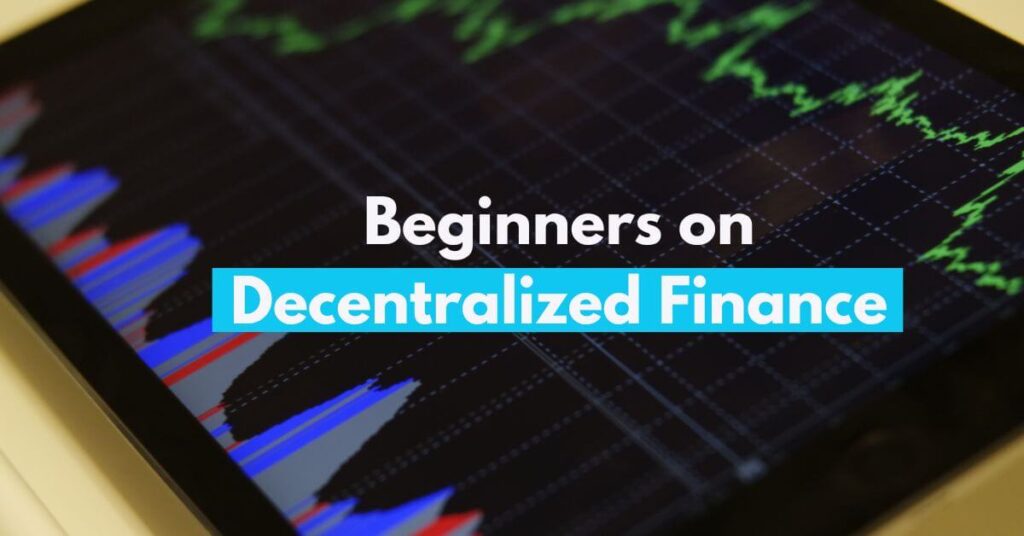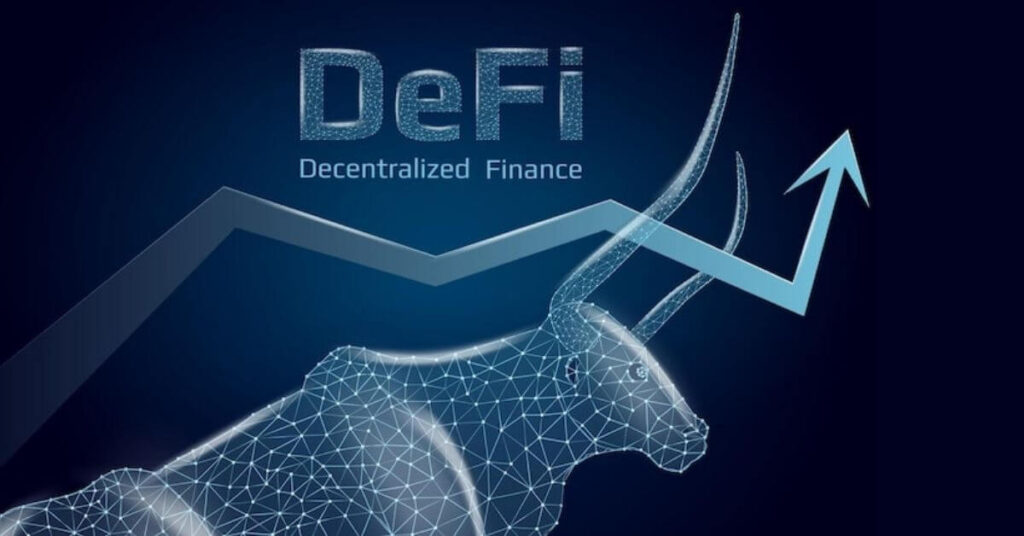With the advent of blockchain, FinTech is witnessing a substantial inclination toward secure and hassle-free solutions.
One such emerging powerful tool is Decentralized Finance, commonly termed as DeFi in the crypto world. The statistics show:
- Since December 2017, DeFi has scaled over 4.8 Million users.
- As of date, the Total Value Locked (TVL) in DeFi is $26.78 Billion.
The market potential of DeFi is unquestionably evident. And therefore, developing decentralized finance as an advanced innovative economic infrastructure is necessary for the future.
What exactly is DeFi?
Table of Contents
DeFi breaks the long-established Digital Financial Services (DFS) stereotype by operating on a peer-to-peer (P2P) blockchain architecture.
The core objective is to eradicate the functionality of intermediary bodies and foster P2P transactions without any central governing control.
DeFi works on a modular framework inheriting the Bitcoin qualities and provides a good scope for augmenting the existing features and capabilities.
With this, DeFi unlocks the immense opportunity of building up futuristic products, services, and crypto exchanges. On the whole, it offers a brand new approach to financial management in a decentralized ecosystem.
DeFi Vs. Conventional Financial Services
Let’s quickly understand the fundamental differences between –
Difference #1: DeFi Vs. Traditional Finance (TradFi)
The key differences are flexibility, accessibility, and governance control.
For example, in TradFi, mandatory KYC restricts the use of banking and financial services for the unbanked or underbanked.
Also, it operates within limited hours and completely adheres to central control. Whereas, DeFi does not need verification and allows anyone to create a wallet and leverage the services.
Notably, it operates 24X7, 365 days.
Difference #2: DeFi Vs. Centralized Finance (CeFi)
The difference between DeFi and CeFi is pretty straightforward.
CeFi permits crypto trading under central governance and demands users’ personal information plus incurred transaction charges. Whereas, DeFi is user-centric, decentralized, and charges nominal network fees.
Difference #3: DeFi Vs. Open Banking
Open Banking provides end-to-end access and control of consumer banking to third-party financial service providers through APIs.
It is specifically a network integration of banking and non-banking institutions to facilitate a better customer experience under one roof.
On the contrary, DeFi developed on public blockchains improves financial inclusion and fosters trade in digital assets.
How does DeFi work practically?
DeFi functions on smart contracts, blockchain development protocols, Ethereum infrastructure, stablecoins (as currency), and decentralized applications (DApps). Wondering how?
It utilizes smart contracts to enable P2P trading to prevent dependency on the intermedial entity. All the financial operations take place on DApps in stablecoins, digital wallets, tokens, and others (depending on the user preference).
Also, the users have complete autonomy and are responsible for their wealth management.
Why is DeFi crucial in the current scenario?
Here are the reasons.
- Harnesses open-source program
- Trustless, permissionless, and censorship-resistant
- Permanent and tamper-proof
- Ensure transparency, security, and authenticity
- Automated and compatible with third-party integrations
What are the use cases of DeFi?
Below are the 5 most common use cases.
- Enables borrowing and lending of crypto assets cheaper plus faster
- Prompt and user-friendly DeFi payments
- Supports decentralized exchanges (DEXs) and P2P marketplaces
- Earn interest by yield optimization, liquidity pooling, and bitcoin mining
- Helps asset financing and monetary banking services through e-wallets, NFTs, and stablecoins
The bottom line
In no time, DeFi will be mainstream in creating an efficient, open-source, and transparent financial ecosystem.
In fact, businesses across all industries are already collaborating with DeFi companies to devise tailor-made decentralized services and keep pace with the next-generation needs.



